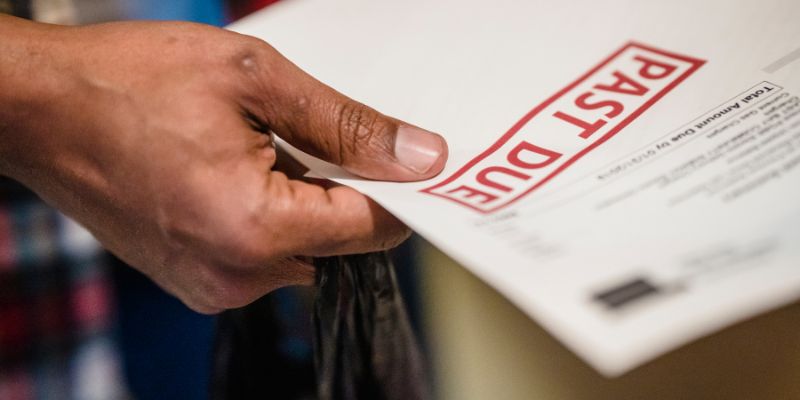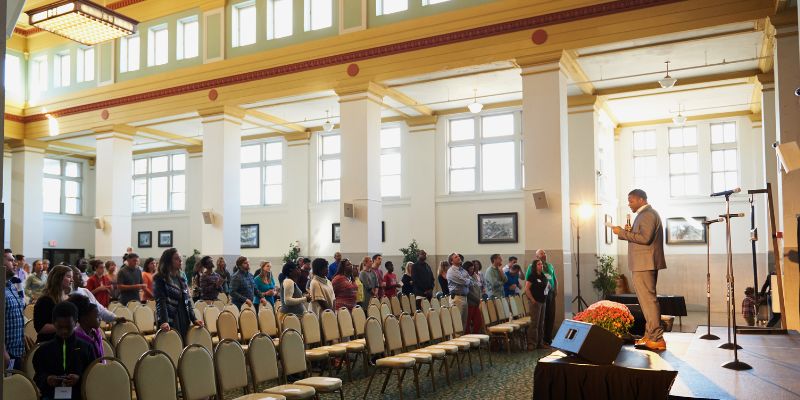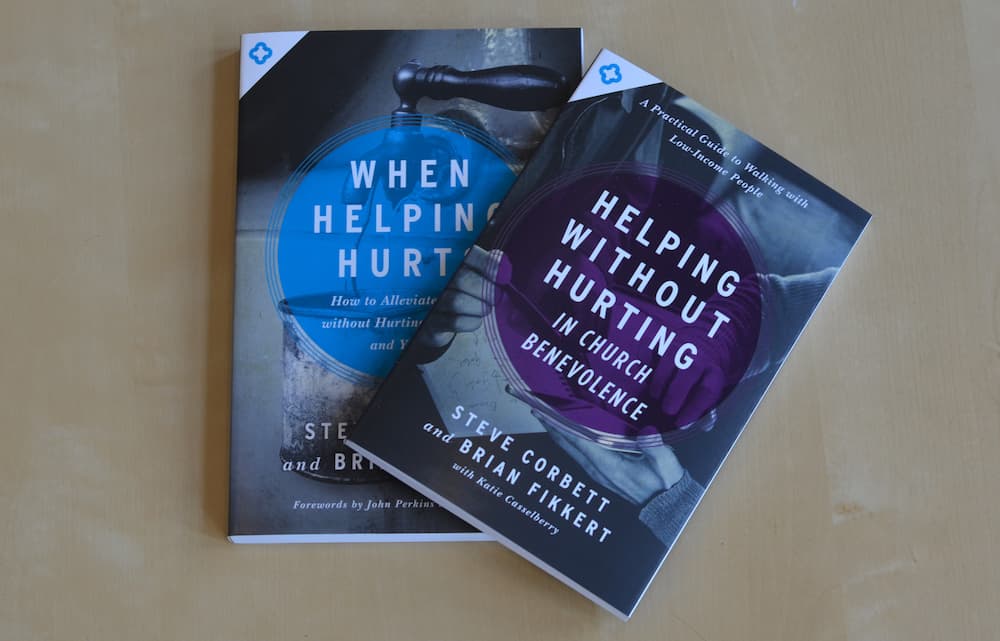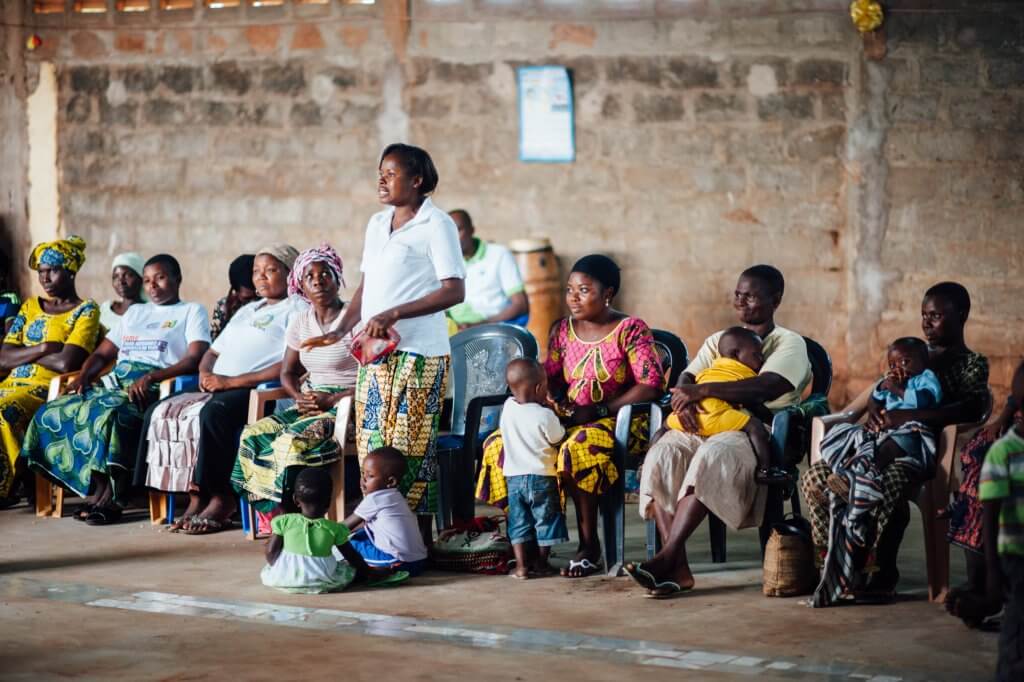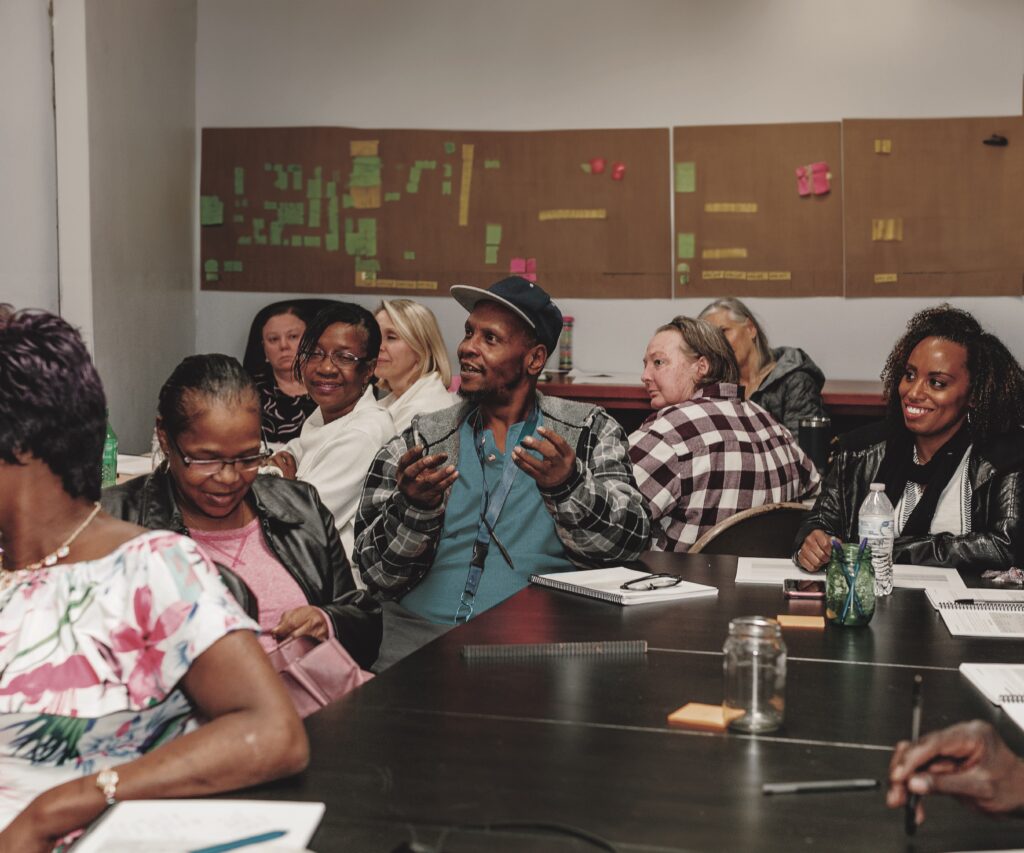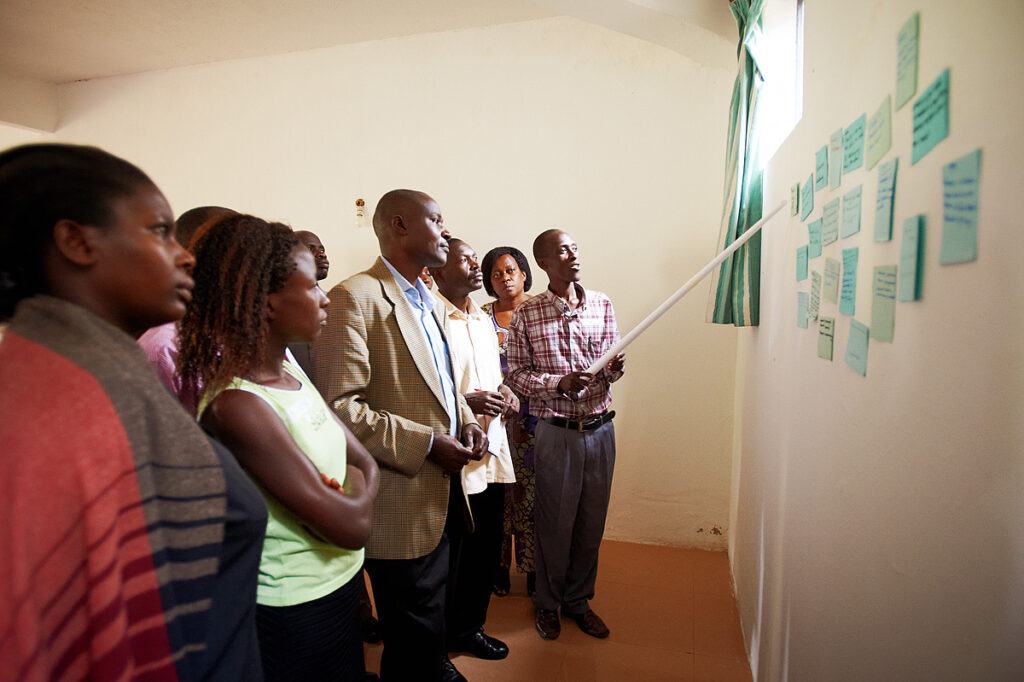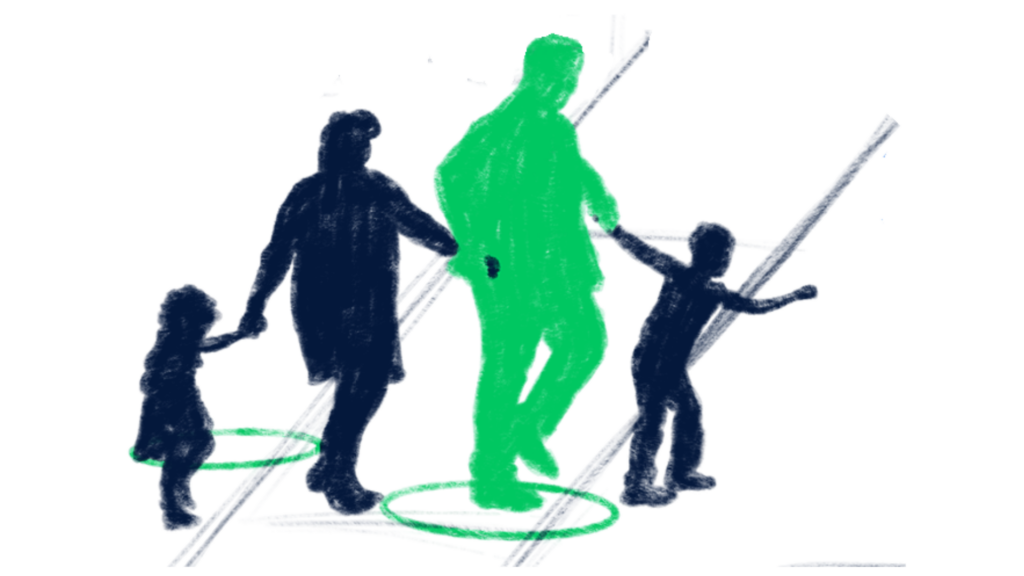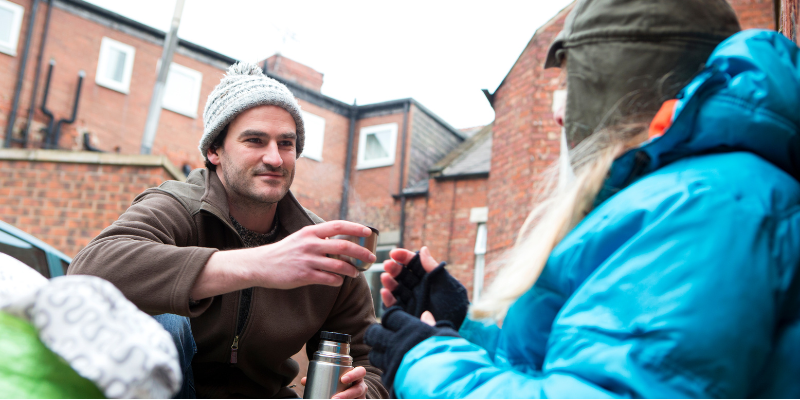Search
Categories
Tags
Posts in “Helping Without Hurting”
Giving Well at Year-End
As the holiday season approaches, opportunities for volunteering and drives for giving to local charitable organizations and church programs start to pop up regularly.
God Is At Work—Even In Our Mistakes
The work of creating a benevolence ministry that provides material assistance to those in need without creating or perpetuating unhealthy dependencies is challenging. It’s important for churches and ministries pursuing this work to come from a position of humility. Approaching church benevolence with the right posture should drive us to the cross, as it creates the opportunity for us to see our own sin and our own inadequacy. We cannot independently generate change in systems, people, and communities, but that does not hinder the work of the Holy Spirit.
Using Your Social Capital To Benefit Others
One of the key messages of our book When Helping Hurts and the rest of our trainings and resources at the Chalmers Center is that how we give matters most. This means that we often need to give more, but not just money. Long-term, transformative ministry is highly relational, and that means giving of our time, energy, and networks—in short, our social capital.
Map Your Community
When local churches try to engage in ministry that allows their members to be more present in the community around them—outreach, evangelism, or mercy and benevolence work—they often recognize that connecting with others is much more complex than they expect. Leaders and volunteers can end up feeling disconnected from the more natural pathways to connection and relationship-building that seem to work in other areas of their lives.
Mapping Your Church’s Assets
Local churches that have been engaged with a biblical framework for addressing poverty or have used various tools and trainings from the Chalmers Center know that one of the biggest keys in a healthy ministry is taking an asset-based, rather than a needs-based approach. An asset-based approach helps us see that all people, both those who are materially poor and those with material wealth, can contribute to poverty alleviation efforts.
Generosity for Mutual Flourishing
In a fallen world, we’ve all been shaped by false stories without realizing it. So we often support and create ministries that match our own goals and ideas. But if we are living in the wrong story, we can end up harming ourselves, the ministries we support, and the people they try to help.
Generosity in God’s Story
The Chalmers Center’s Faith & Finances curriculum helps churches and nonprofits around North America walk alongside thousands of individuals living material poverty grow in their financial stewardship each year. In each class, participants remember two key themes: 1) Jesus is making all things new, including our money and relationships; and 2) God has chosen to use our money to accomplish His work in the world.
Benevolence As a Posture, Not Just a Ministry
When Chalmers published When Helping Hurts in 2009, our team had already been thinking about, teaching, and practicing a theology of poverty and poverty alleviation for a long time.
Local Churches, Local Resources, Lasting Change
Microfinance can be a powerful tool for helping people escape extreme poverty. When we shift our thinking, it can be even more powerful. How can we make the most of the opportunities microfinance provides?
Financial Literacy: More than Just the Facts
April is recognized as National Financial Literacy Month. Here’s a question to ponder: why don’t more Americans make better decisions in managing their finances? Is it simply that they need better information?
Exchange Models Done Well: Eight Ways to Empower Without Exploiting
or most able-bodied adults, paid employment is essential to the long-term path out of poverty. To effect that outcome, many churches and ministry organizations use a partial-exchange, intermediate-steps model that teaches the skills necessary to succeed in the marketplace.
The Poison of Paternalism: Adapted from 𝘞𝘩𝘦𝘯 𝘏𝘦𝘭𝘱𝘪𝘯𝘨 𝘏𝘶𝘳𝘵𝘴
Having a clear understanding of the different ways to help people in material poverty is essential to recognizing why choosing the right approach matters. To illustrate this, consider the consequences of misunderstanding and unintentionally applying it in ways that cause greater long-term harm, leading to dependency, wasted resources, and even the erosion of local capacities that are crucial for sustainable progress.
Remembering Why We Give: Incarnational Presence
Last month, we highlighted U.S. federal funding cuts and their impact on our ministry partners and global relief and development efforts. We urged you to respond by giving generously, encouraging affected organizations, and praying fervently—with a promise of next steps in the coming weeks.
Applying the Right Response—Relief, Rehabilitation, and Development
Our goal in walking alongside any community in poverty should be working to help people move from a less stable to a more stable position. However, it is important to always keep in mind that poverty can come in many different forms, each requiring a different approach. Thus, our understanding of these different conditions is key to ensuring we respond to communities with the right kinds of help.
– Jonathan Wiles, Chief Operating Officer, Living Water International
A Time to Pray, a Time to Give Generously
It is a consistent theme of Scripture that those blessed with power and wealth have a special responsibility to administer justice and mercy for those who are in danger or in need. Leaders should use their influence so that the least among us—the fatherless, the widow, the sojourner, and the poor—have a faithful advocate in the halls of power.
Going Beyond the Four Walls of the Church: The Impact of Community Ministry
Local churches often make a significant mistake when it comes to helping those in poverty. They sometimes create divisions in their efforts that aren’t really necessary, according to Scripture. When we split up the act of spreading the message of God’s transformative power (evangelism) and the act of serving others or providing practical life skills (service or technical programming), we give the wrong impression that the world is fragmented. We make it seem like God’s work is separate from helping people in need.
Recognizing What People In Poverty Need
It’s easy for most of us to conceptualize a fairly simplistic picture of what poverty looks like. In turn, that overview can generate equally simplistic solutions or treatments. For many, we may have an image in our minds of a destitute population lacking necessary materials for survival. On paper, it seems as though simply providing people in poverty with what they seem to need will solve the problem. While this may provide temporary relief to those in need, it is often only a small adjustment to a much larger problem.
Training to Help Your Ministry Help without Hurting
During the past 25 years, in addition to publishing books about poverty alleviation, Chalmers has been creating training for use in both the U.S. and the Majority World (of Africa, Asia, and Latin America). These field-tested programs are built on God’s story of change and community development best practices to help you put a biblical framework for addressing poverty into practice.



